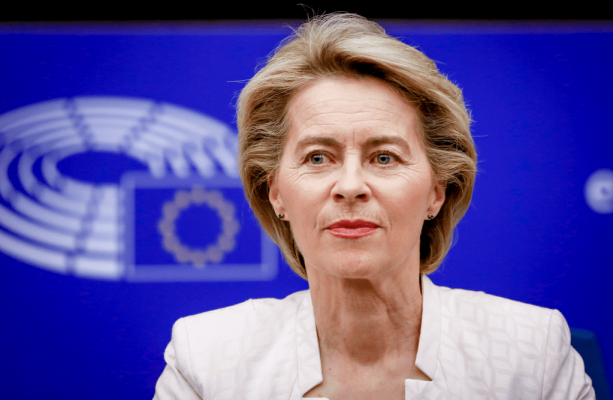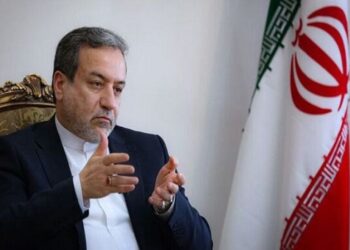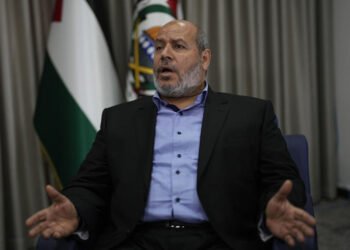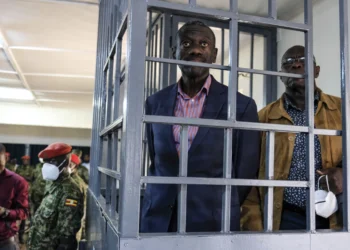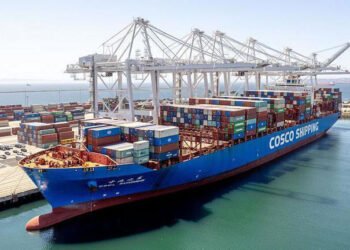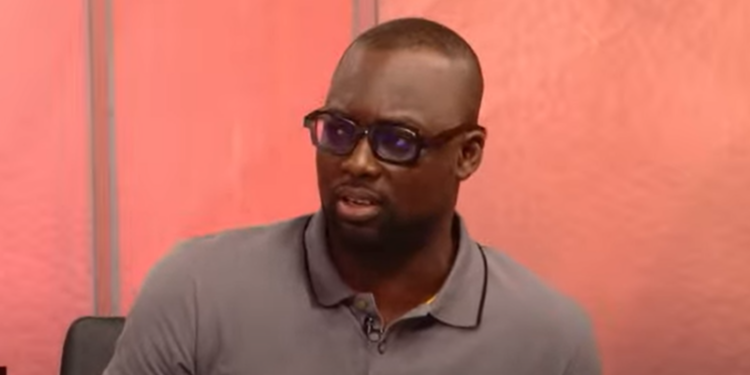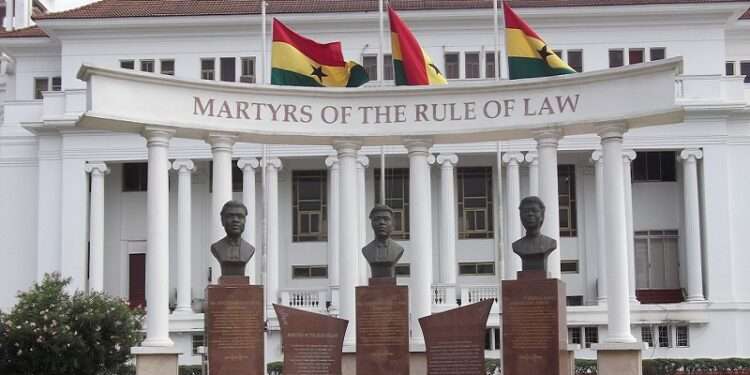The European Union has contributed €1 million (a little over CHF1 million) over the 2021-2022 period to help developing countries and least developed countries to adequately and effectively participate in global trade negotiations.
The donation which is deposited into the WTO’s Global Trust Fund is required to finance training and other capacity-building activities for government officials. The purpose for this initiative is to help these countries better understand and implement World Trade Organization’s agreements and to enhance their negotiating skills.
According to the World Trade Organization (WTO), over 2,900 activities have been organized under the Global Trust Fund over the past 20 years.
Consequently, WTO Director-General Ngozi Okonjo-Iweala remarked that: “Trade has the potential to help economies grow, make businesses prosper and improve peoples’ lives across the world. The EU’s generous donation will help ensure that trade officials from developing countries and least developing countries have the know-how to make this a reality.”
Furthermore, the EU’s WTO Ambassador, João Aguiar Machado, underscored the need for wider multilateral governance and systems as global challenges continue to increase.
“Increasing global challenges call for more multilateral governance and rules-based international cooperation. This is needed not least in international trade, which plays a major role in promoting economic growth and helping countries recover from the COVID-19 pandemic.
“But multilateralism can only function properly with the participation of all countries. This donation seeks to ensure that all WTO members, especially LDCs, can effectively take part in the work and deliberations of the WTO.”
João Aguiar Machado, European Union’s WTO Ambassador
Contributions made to the Global Trust Fund
Overall, the European Union has donated approximately €26.5 million (CHF 28.5 million) to the various WTO trust funds in addition to individual contributions from EU member states.
This notwithstanding, for the past five years (2016-2020) total contributions to the fund including transfers and reimbursements by the EU stood at €4.32 million. Meanwhile, as many as 20 countries excluding the EU contribute to the fund. The table below shows countries that have contributed consistently over the five years towards the fund.
| Donor (CHF-Swiss Franc) | 2016 | 2017 | 2018 | 2019 | 2020 |
| Austria | 109,000 | 215,200 | 233,200 | 226,200 | 219,800 |
| Estonia | 21,800 | 21,520 | 23,320 | 22,800 | 22,040 |
| France | 433,200 | 455,600 | 519,300 | 488,250 | 483,402 |
| Liechtenstein | 40,000 | 40,000 | 40,000 | 40,000 | 40,000 |
| Sweden | 1,253,700 | 1,984,880 | 2,154,955 | 1,955,184 | 2,008,127 |
| United States | 529,036 | 571,172 | 600,547 | 485,122 | 87,570 |
Also, the implementation of the Biennial Technical Assistance Plans forms the basis for the Doha Development Agenda Global Trust Fund (DDAGTF). the fund is budgeted annually and funded through a Regular Budget, extra budgetary funds coming from voluntary contributions of a selected number of Members, and cost-sharing arrangements with some WTO partners.
Furthermore, as has been the case for many years, the main proportion of the implementation of those Technical Assistance Plans is funded through extra-budgetary funds.
The Doha Development Agenda Global Trust Fund (DDAGTF) continues to play a central role in this regard, as it is the main channel through which donors’ contributions support the Technical Assistance provided by the World Trade Organization.
READ ALSO: World Bank, AVATT to deploy vaccines to 400 million Africans

